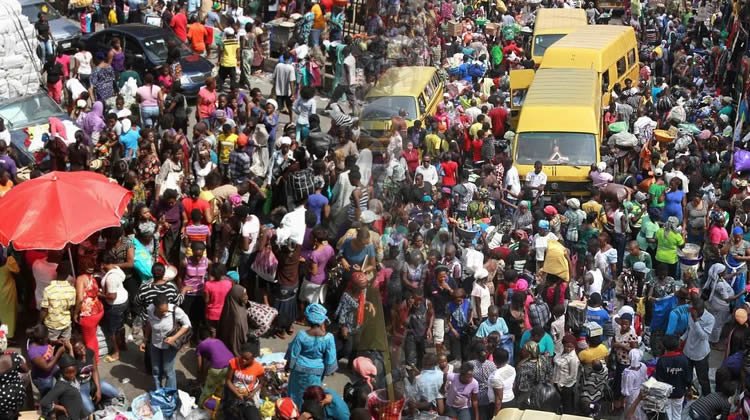Nigeria has been named as one of the seven countries where half of the unbanked 1.7 billion people in the world are resident in, even as the World Bank said, the COVID-19 pandemic has greatly increased the use of digital payments across the globe.
The 2021 Global Findex 2021 report released by the World Bank lists Nigeria alongside Bangladesh, China, India, Indonesia, Mexico and Pakistan as where nearly half of the about 1.7 billion adults that remain unbanked in the world live.
However, the World Bank noted that, mobile money has, in recent years, driven increased financial inclusion particularly in Sub Saharan Africa.
According to the World Bank, the COVID-19 pandemic has spurred financial inclusion–driving a large increase in digital payments amid the global expansion of formal financial services.
“This expansion created new economic opportunities, narrowing the gender gap in account ownership, and building resilience at the household level to better manage financial shocks, according to the Global Findex 2021 database.
“The pandemic has also led to an increased use of digital payments. In low and middle-income economies (excluding China), over 40 per cent of adults who made merchant in-store or online payments using a card, phone, or the internet did so for the first time since the start of the pandemic.
“The same was true for more than a third of adults in all low- and middle-income economies who paid a utility bill directly from a formal account. In India, more than 80 million adults made their first digital merchant payment after the start of the pandemic, while in China over 100 million adults did.
“Two-thirds of adults worldwide now make or receive a digital payment, with the share in developing economies grew from 35 per cent in 2014 to 57 per cent in 2021. In developing economies, 71 per cent have an account at a bank, other financial institution, or with a mobile money provider, up from 63 per cent in 2017 and 42 per cent in 2011. Mobile money accounts drove a huge increase in financial inclusion in Sub-Saharan Africa.
“In Sub-Saharan Africa, mobile money adoption continued to rise, such that 33 per cent of adults now have a mobile money account, a share three times larger than the 10 per cent global average. Although mobile money services were originally designed to allow people to send remittances to friends and family living elsewhere within the country, adoption and usage have spread beyond those origins, such that three out of four mobile account owners in 2021 made or received at least one payment that was not person-to-person and 15 per cent of adults used their mobile money account to save.
“Opportunities to increase account ownership in the region include digitising cash payments for the 65 million adults with no account receiving payments for agricultural products, and expanding mobile phone ownership, as lack of a phone is cited as a barrier to mobile money account adoption. Adults in the region worry more about paying school fees than adults in other regions, suggesting opportunities for policy or products to enable education-oriented savings,” it stressed.
President of the World Bank, David Malpass noted that, “the digital revolution has catalysed increases in the access and use of financial services across the world, transforming ways in which people make and receive payments, borrow, and save.
“Creating an enabling policy environment, promoting the digitisation of payments, and further broadening access to formal accounts and financial services among women and the poor are some of the policy priorities to mitigate the reversals in development from the ongoing overlapping crises.”





